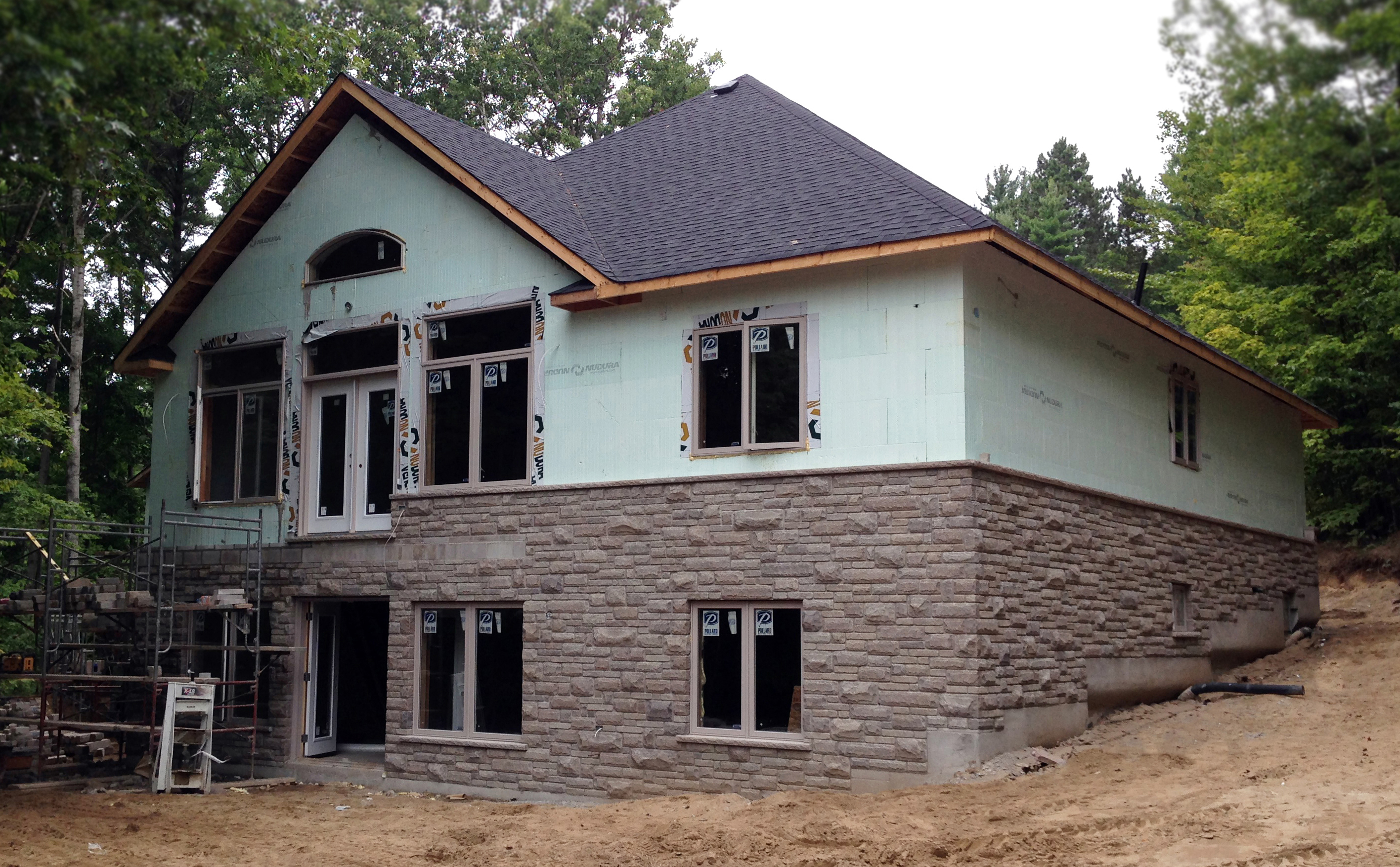ICFs and the Net Zero Design Push
The Building Science community continues to push for more stringent energy codes. Increases in insulation requirements and airtightness have become the primary mechanism to achieve higher performance. Buildings are required to use less overall energy, and where they require energy are asked to supply it themselves. Net-zero compliance is a hot topic in many North American markets. British Columbia has developed some of the strictest building code standards in the world and is leading the push towards net zero with the BC step code. The Canadian National Code is not far behind and is seeking to accomplish many of the BC step code requirements in a similar timeline. Interior During Blower Door Test The BC step code asks builders to increase the energy efficiency of buildings by a set percentage every few years. The code has a ten-year (10) target goal of every new construction project or retrofit meeting net-zero compliancy. The metric to track compliance is measured using blower door tests and specific product energy usage tests. The data from a blower door test along with utility usage from other appliances and fixtures allow for a complete calculation of energy used by the building. Each structure is then appointed [...]










